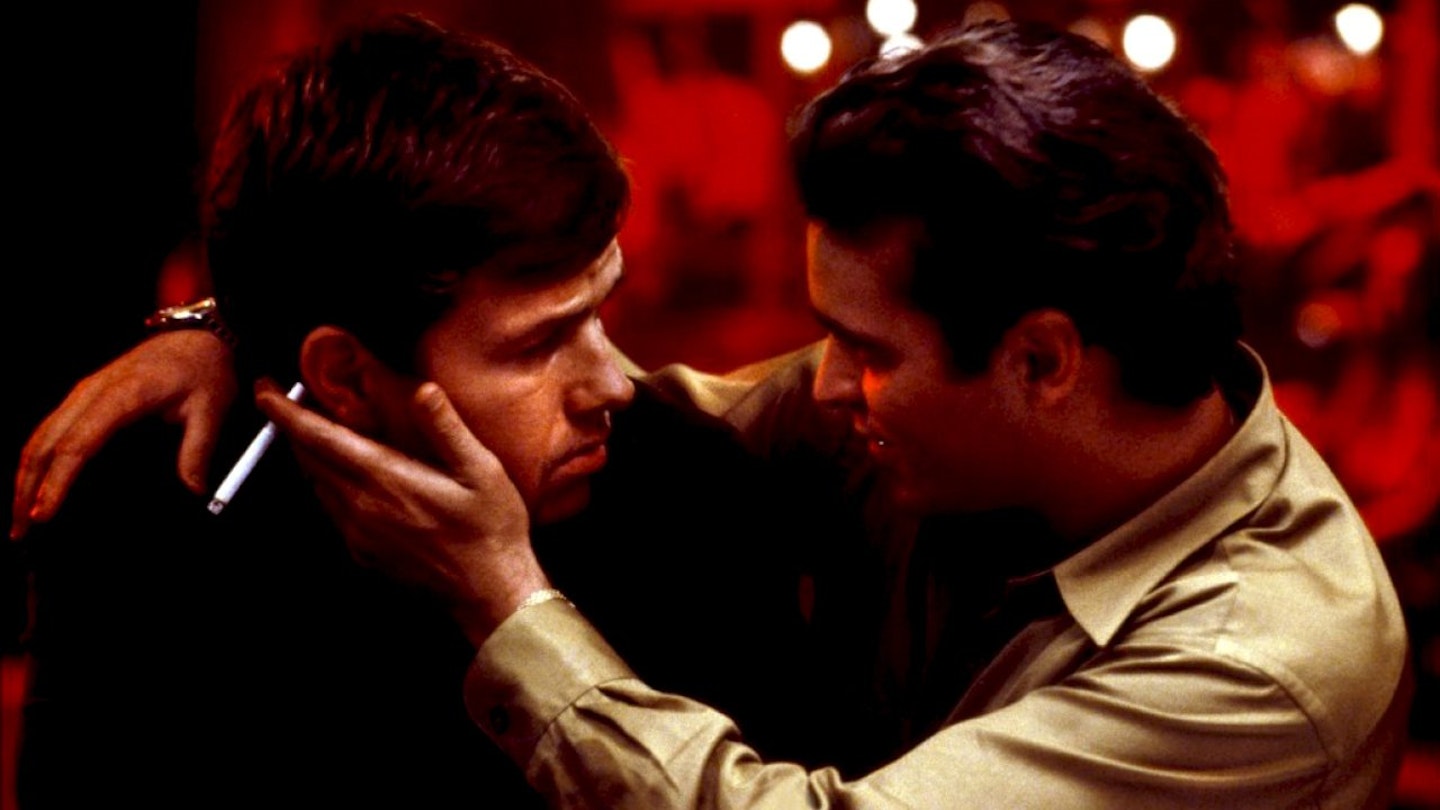Whats a New York story without corruption, conflicting loyalties and betrayal? In his second feature, co-writer and director James Gray revisits themes of his **Little Odessa (1994) **, another melancholy portrait of a family with clashing values. But he also plots a very familiar journey, that of the outsider who stands alone if he exposes the truth or squeals, as seen in, oh, **Wall Street (1987) **, **City Hall (1996) **, assorted mob movies and Sidney Lumet police dramas, including **Serpico (1973) ** and **Prince Of The City (1981) **. Crime there must be, and those here come from Uncle Franks appetite for city contracts to repair electric rail cars; the subway yards in dreary Queens - now theres a sexy, riveting backdrop for you... not!
Of course, the same could be said, in theory, of harbour unions in the dockyards of New York. The giant shadow of **On The Waterfront (1954) ** hovers over this tough drama of a not-terribly-bright young man who wants to do right, but clings to misplaced loyalty rather than be a rat, far longer than conscience, sense or self-preservation would dictate. The addition of Theron as Leos troubled cousin and Willies American dream girl, however, is a bright thought, since this emotional triangle has more oomph and fresher interest than the murky morality play.
The gritty tone, underlined by an overblown score by Howard Shore, is fluffed in some strained sequences - such as a backroom deal-making scene that verges on satire - and all too obvious improbabilities: surely James Caans vulgarian Frank would not have Faye Dunaway but, more likely, a slapper her daughters age for his new trophy wife, for one. Style and a strong ensemble - in which Joaquin Phoenix is a standout, more complex and tragic than Mark Wahlbergs dimbulb hero - do however add a welcome veneer of class, and manage to command the audiences attention.
